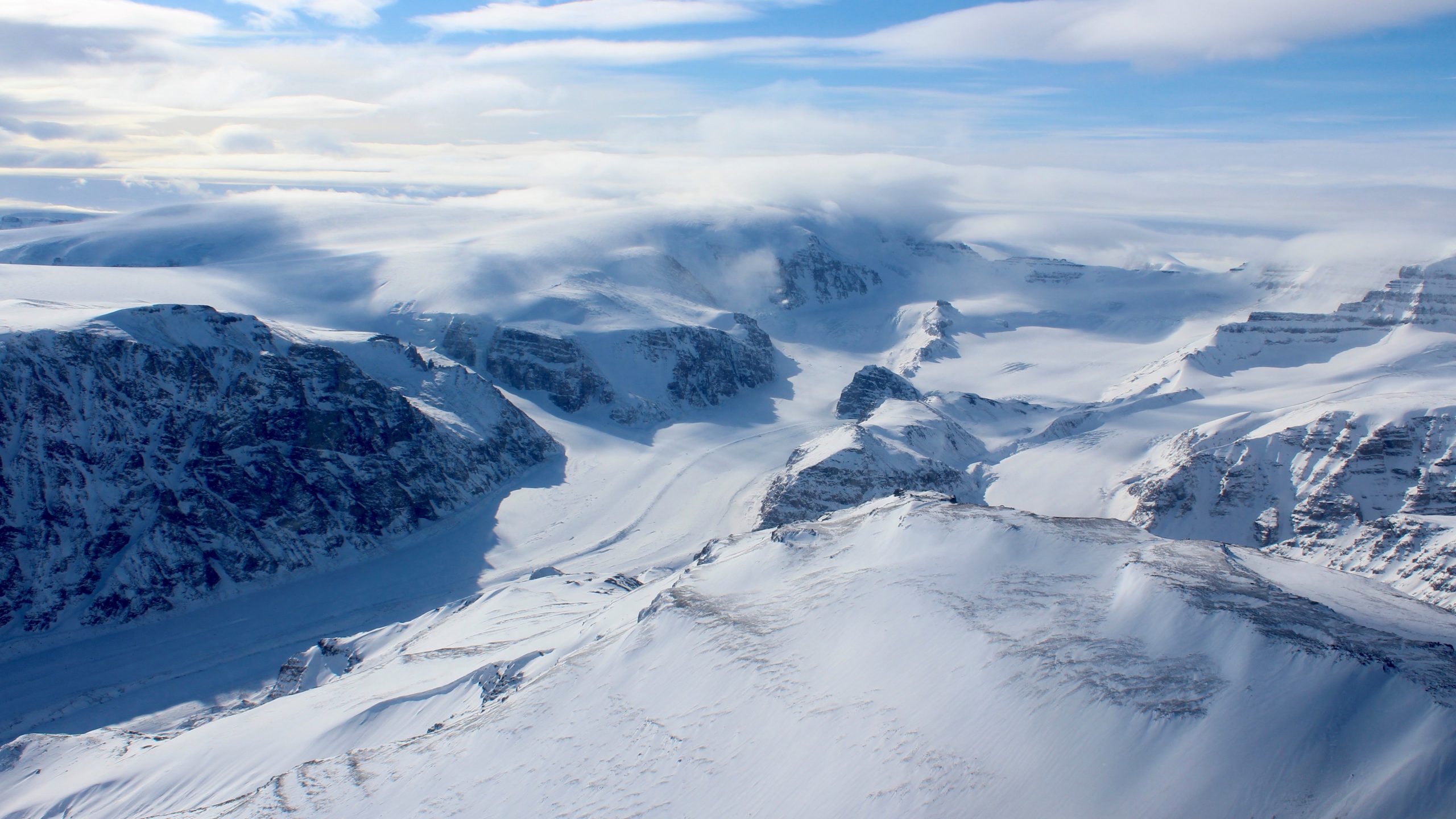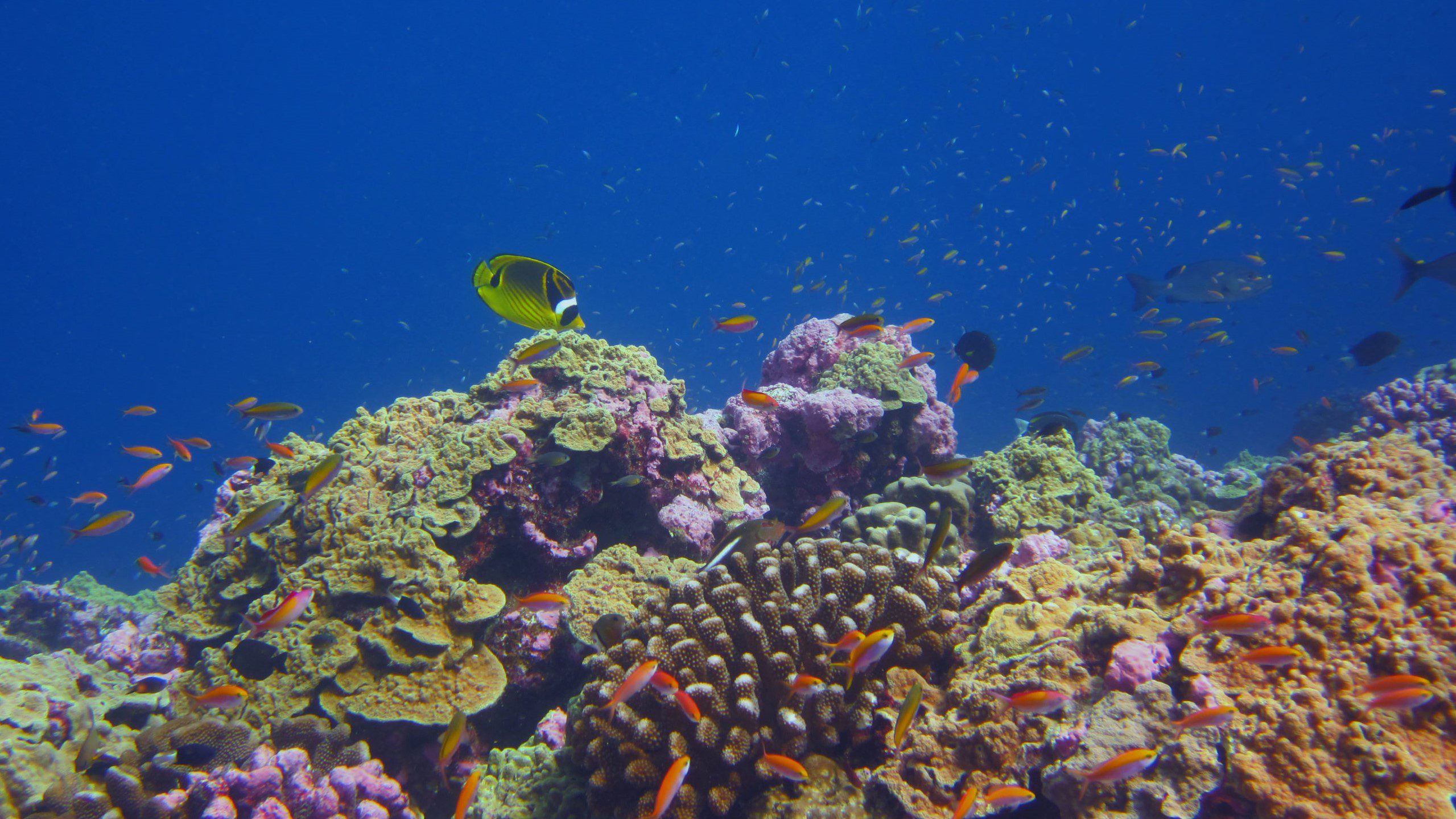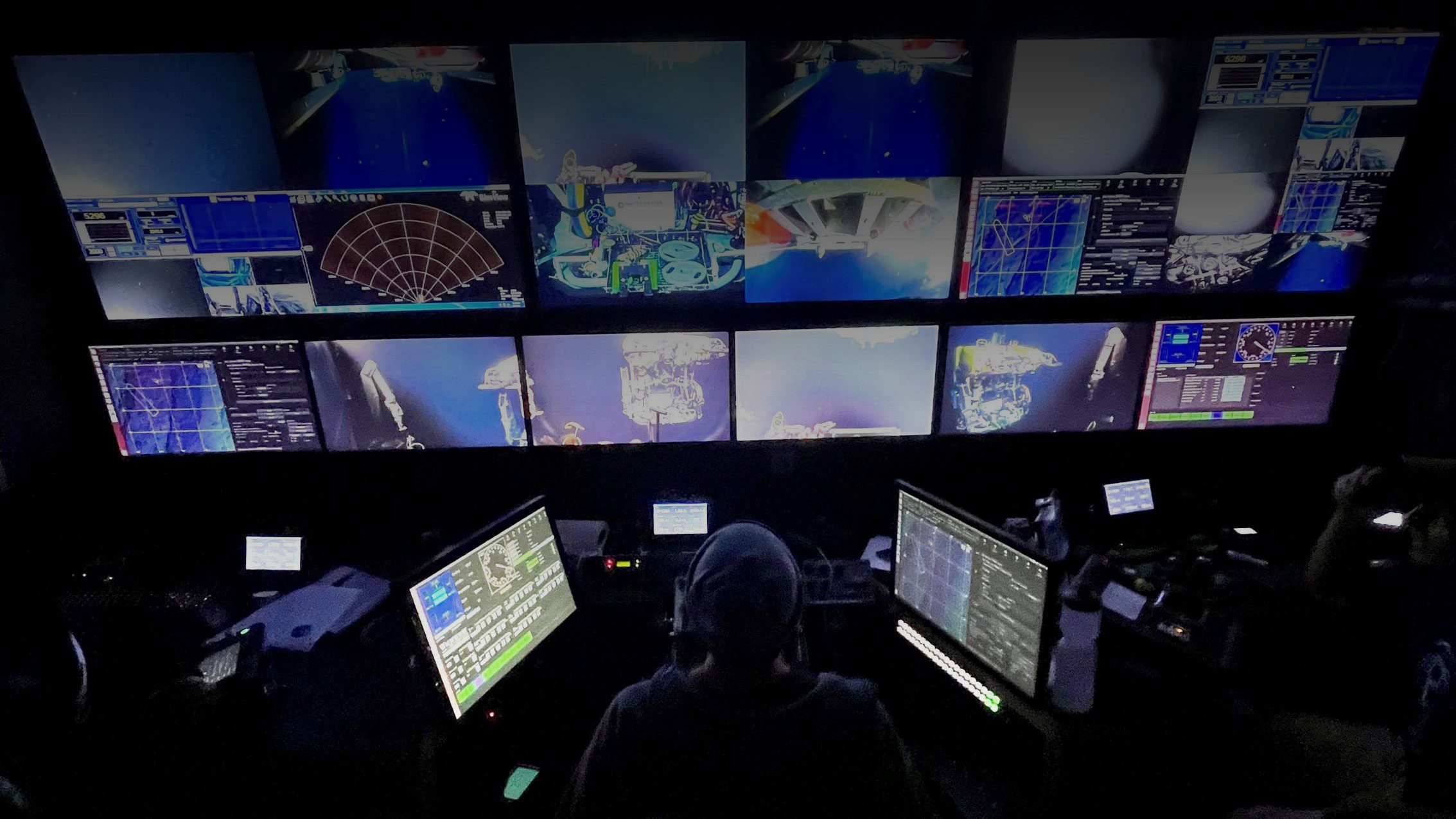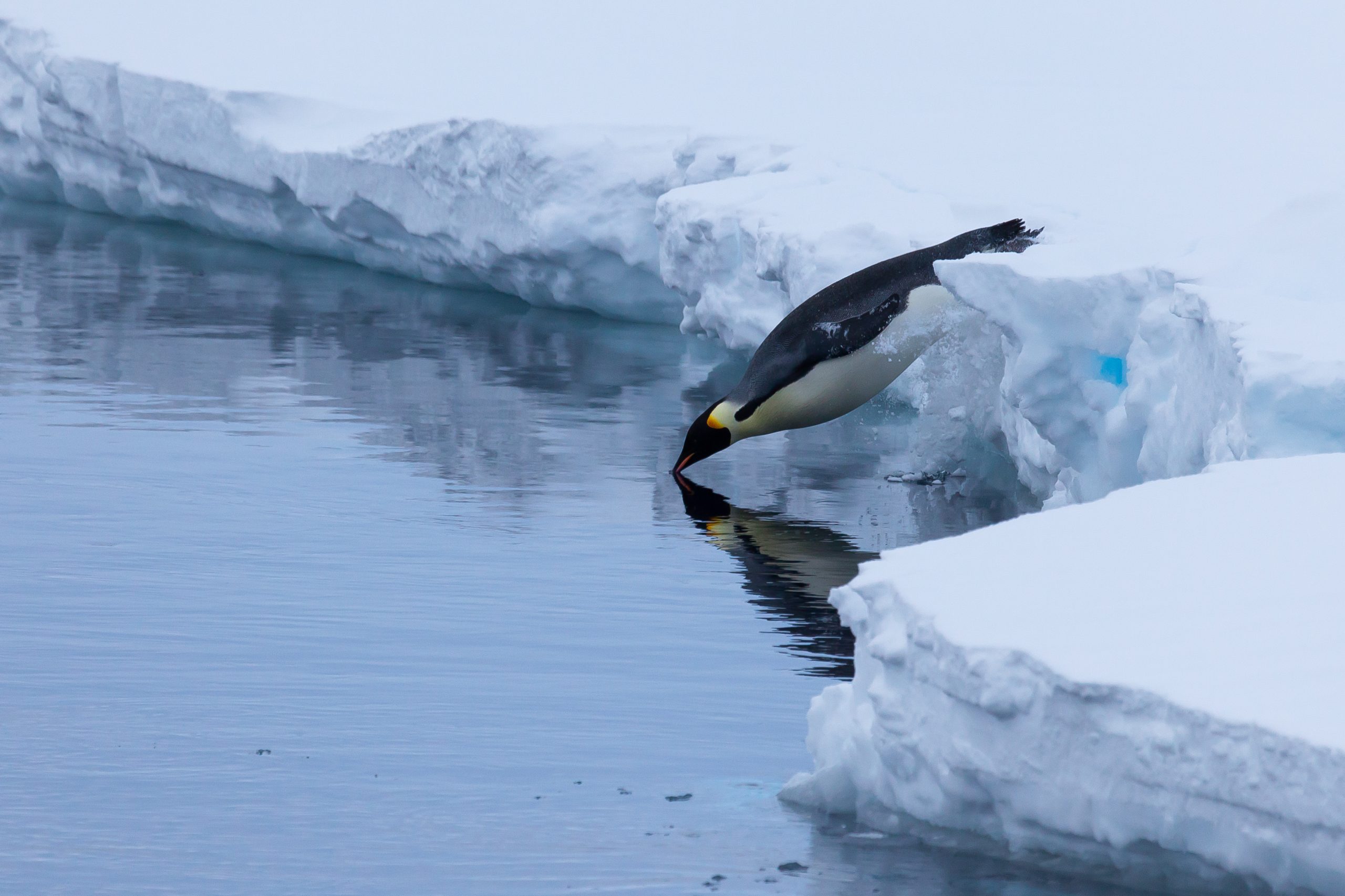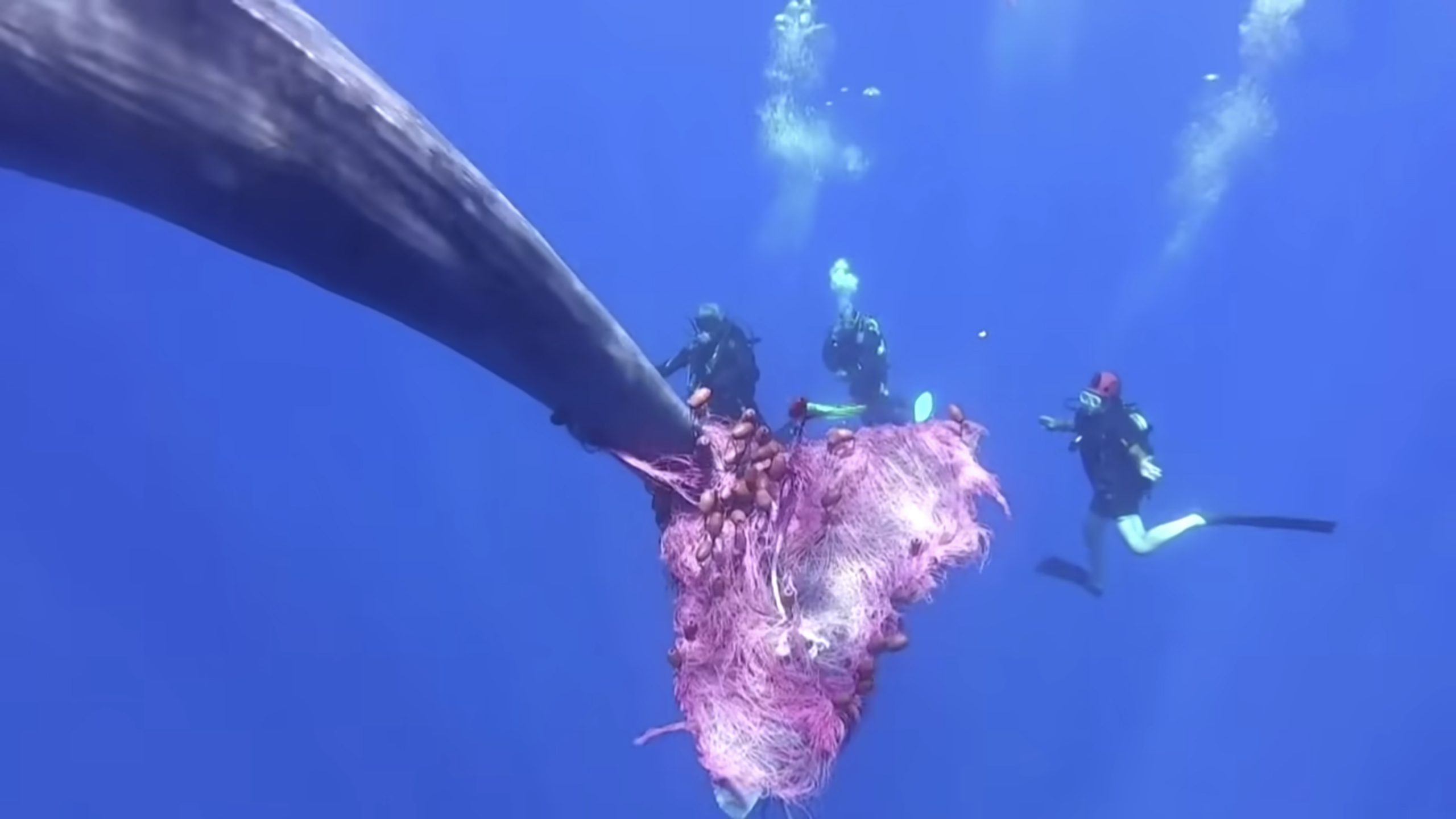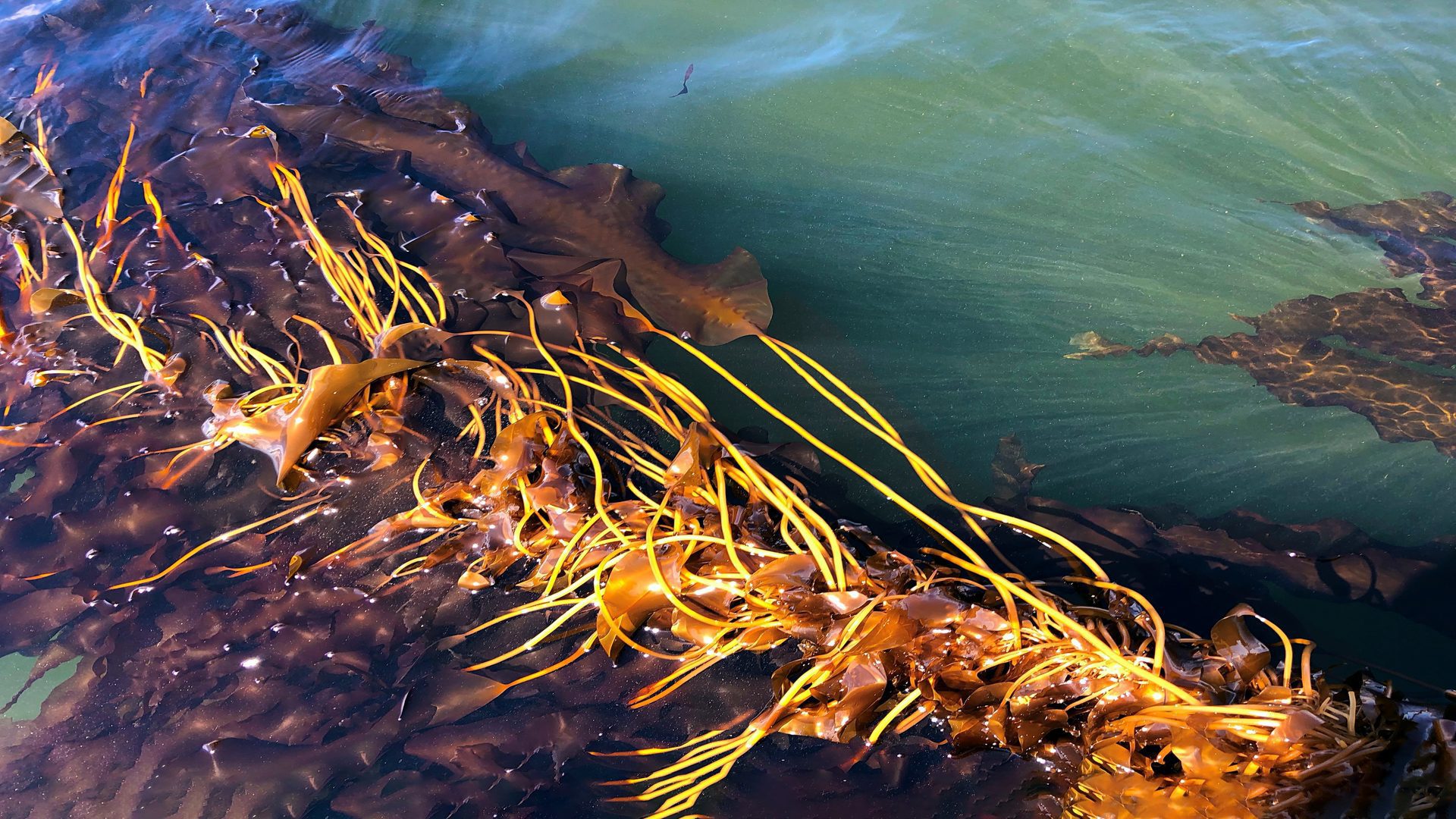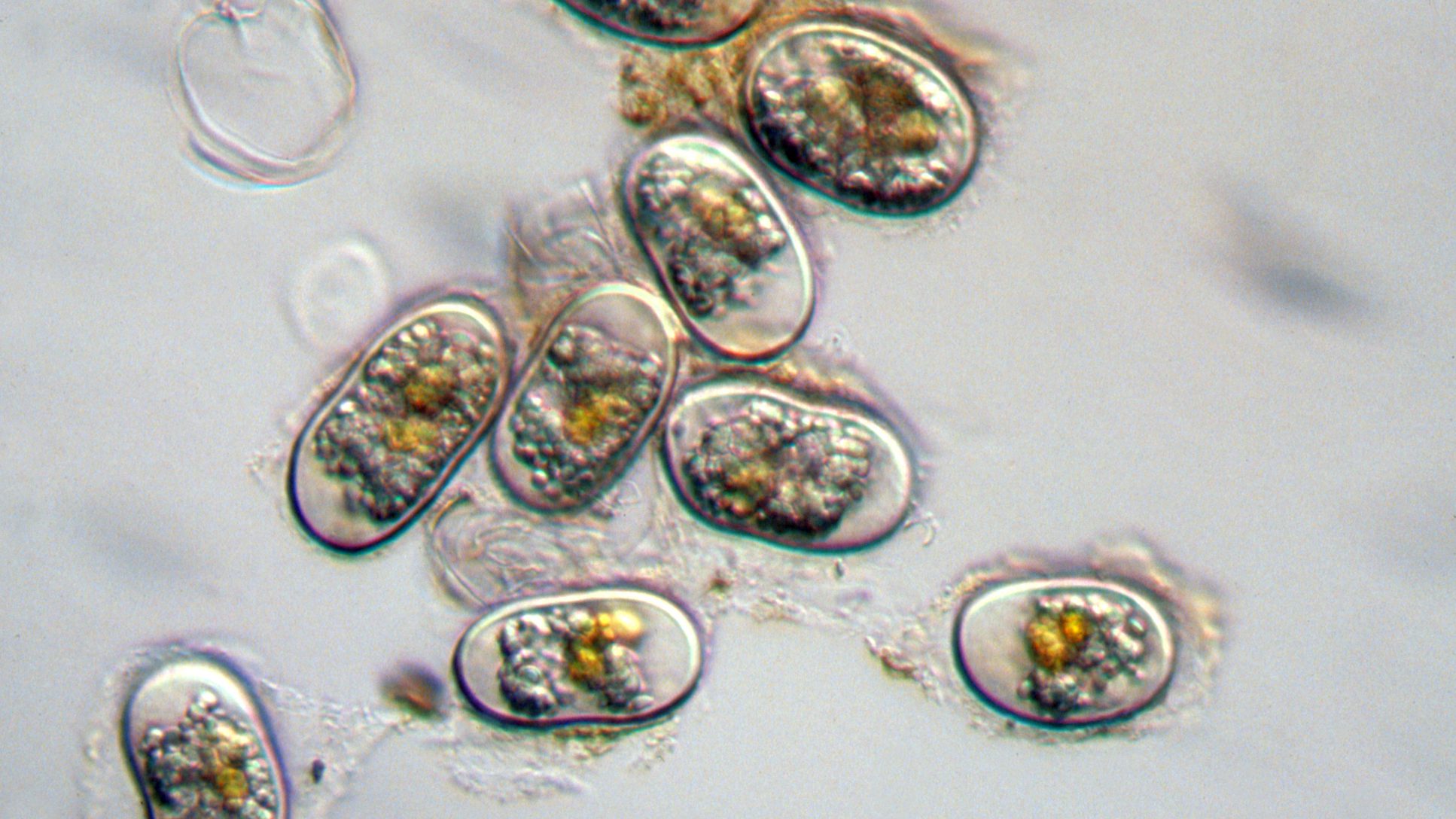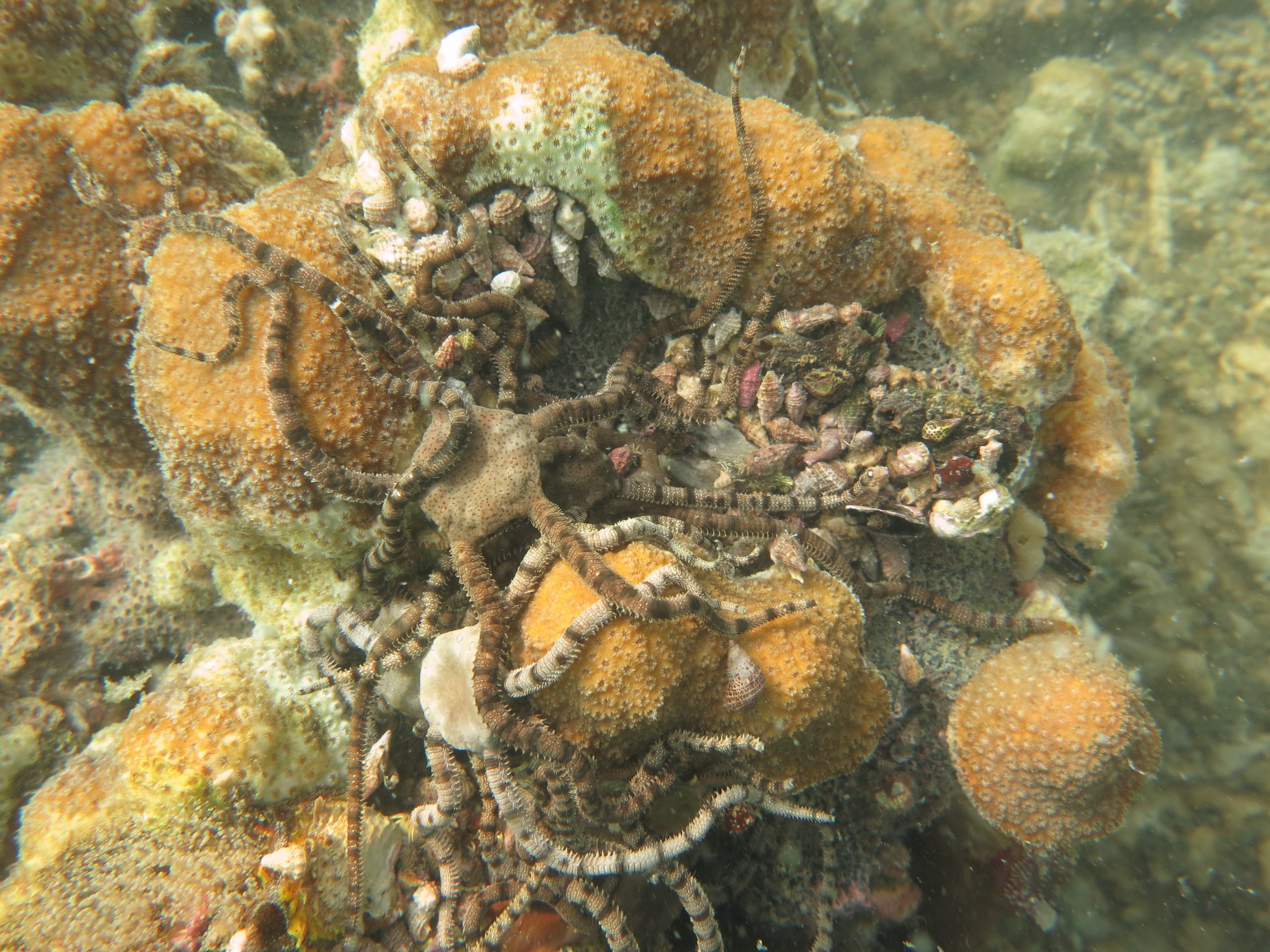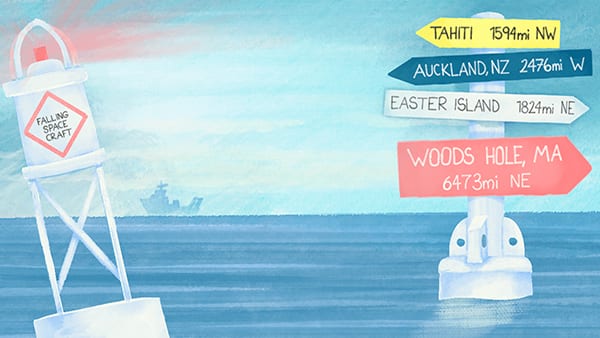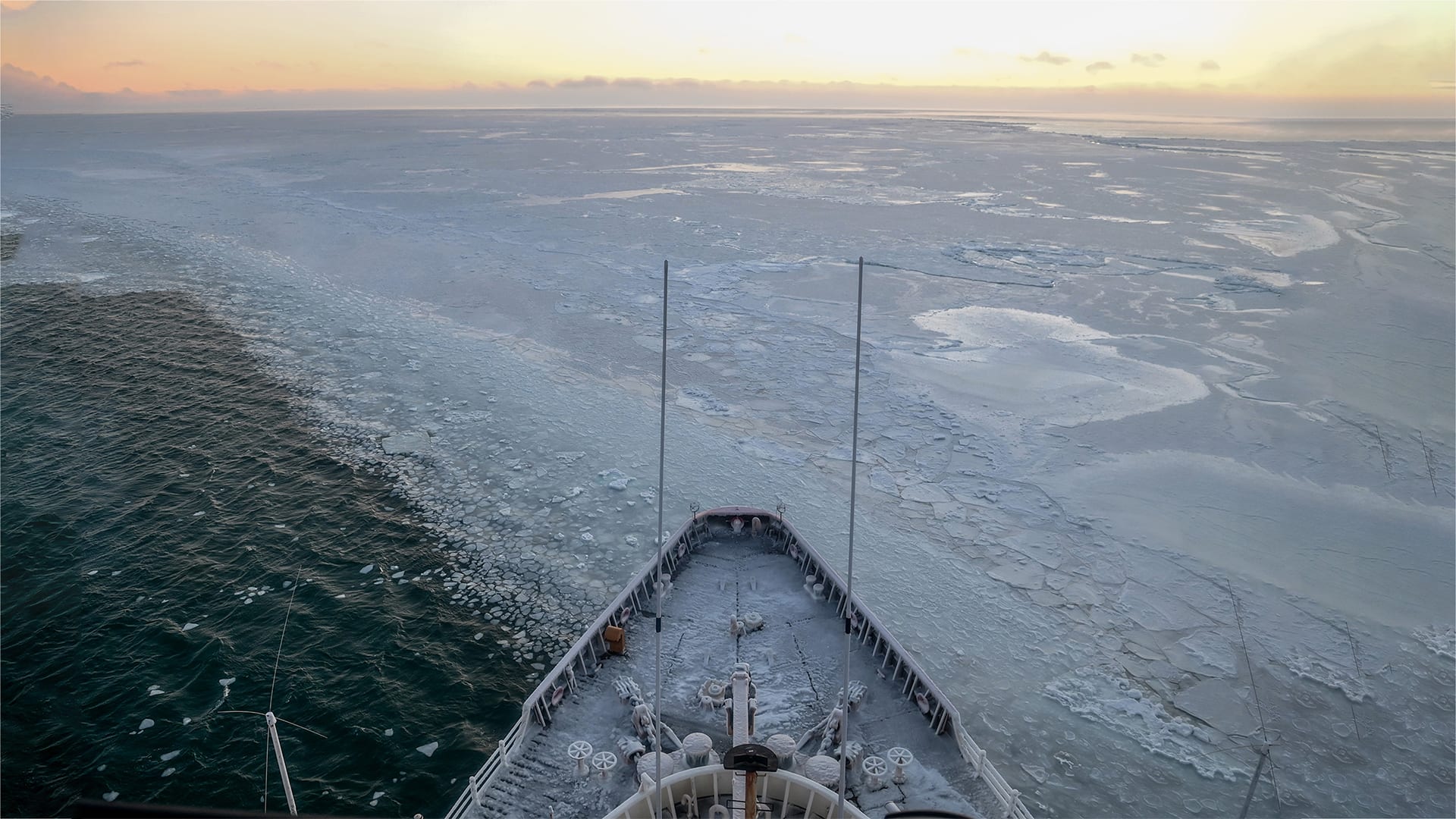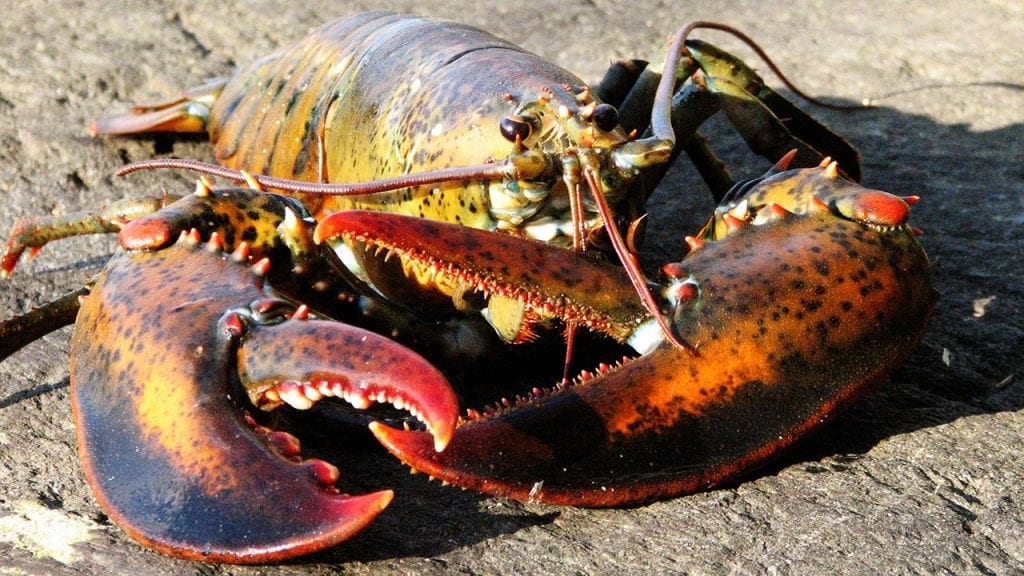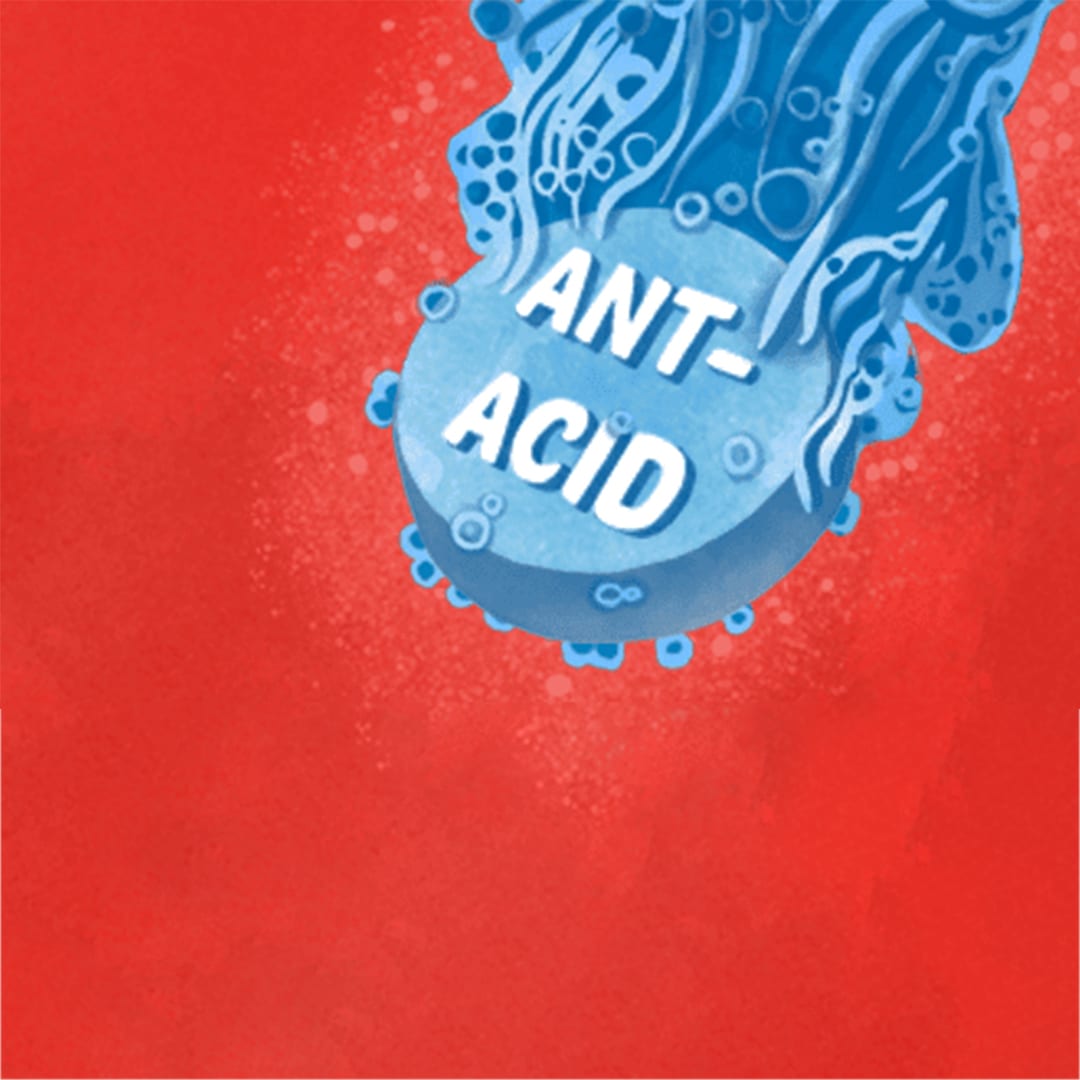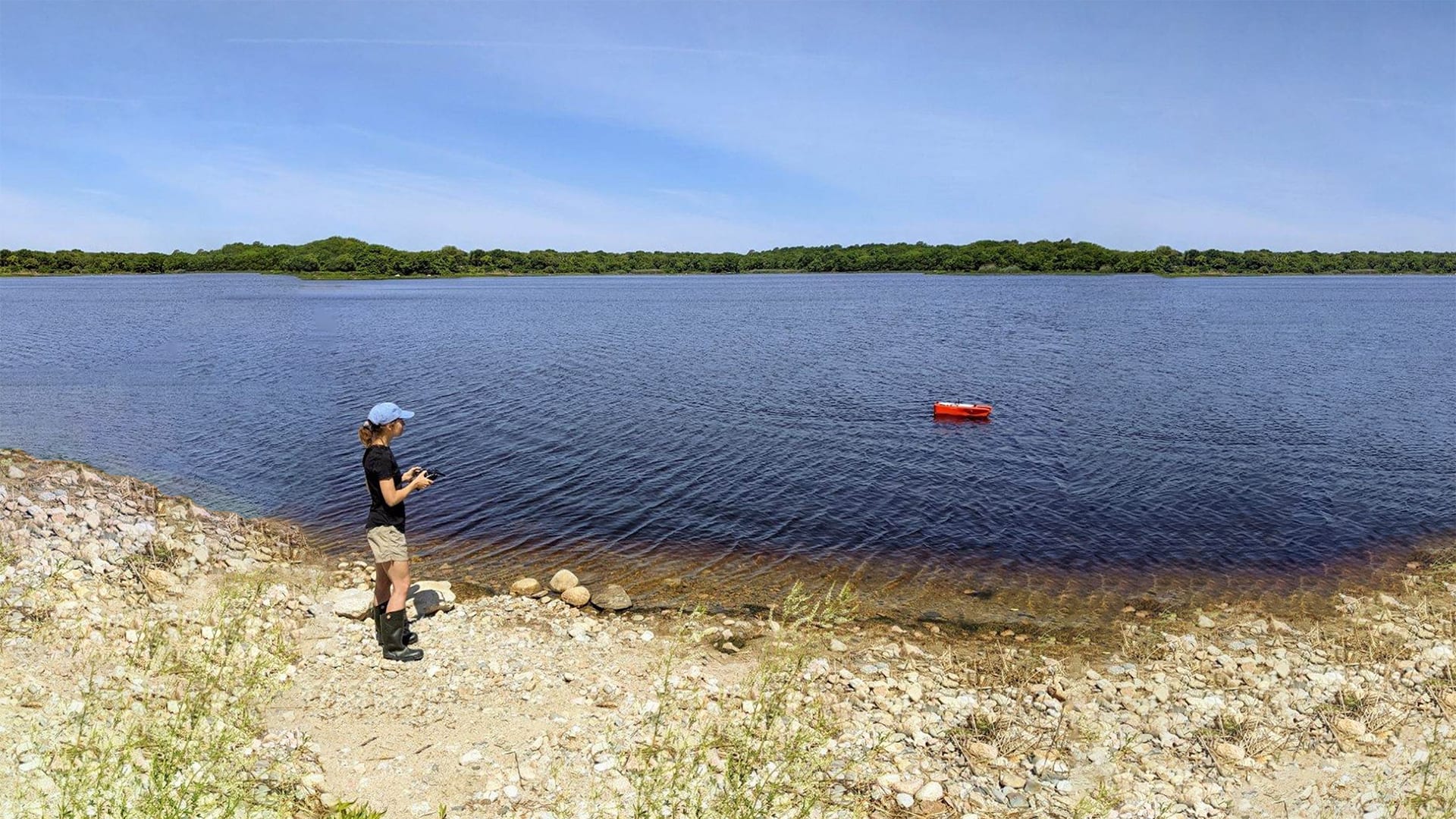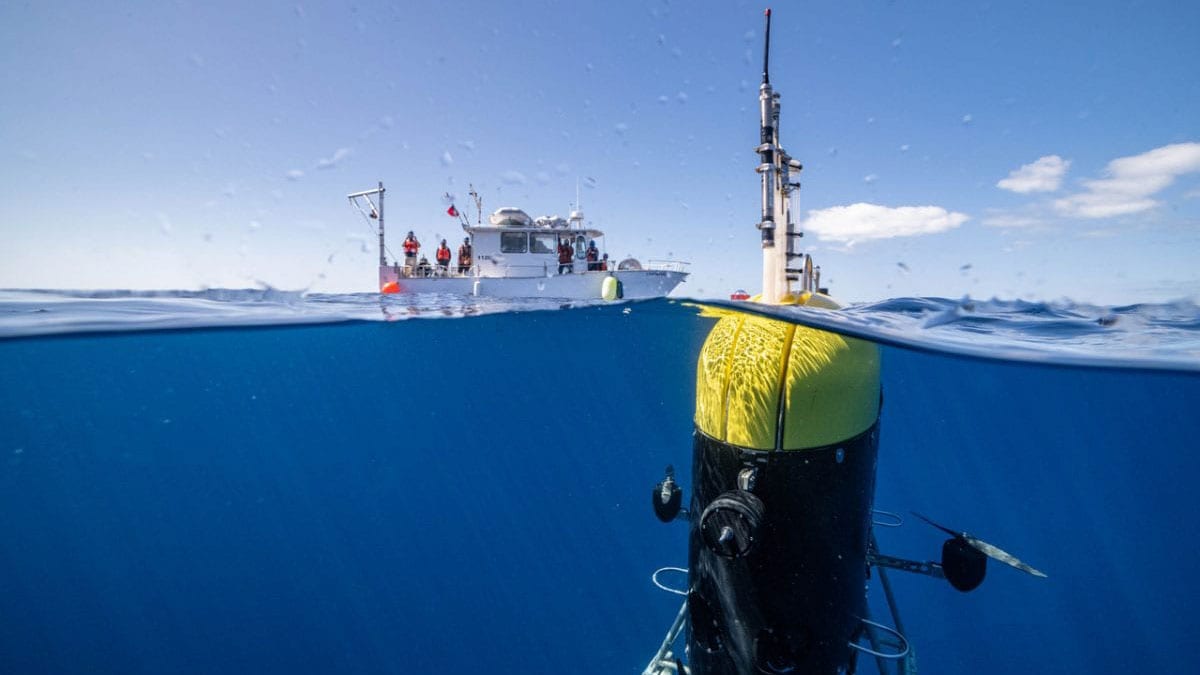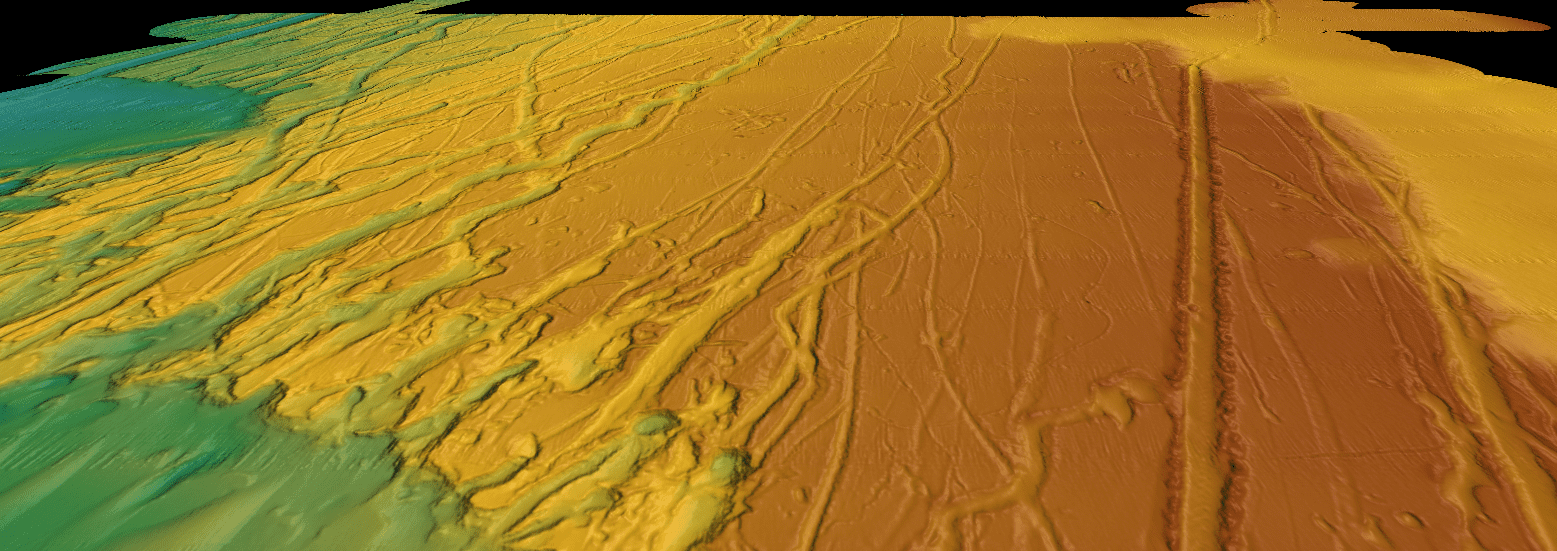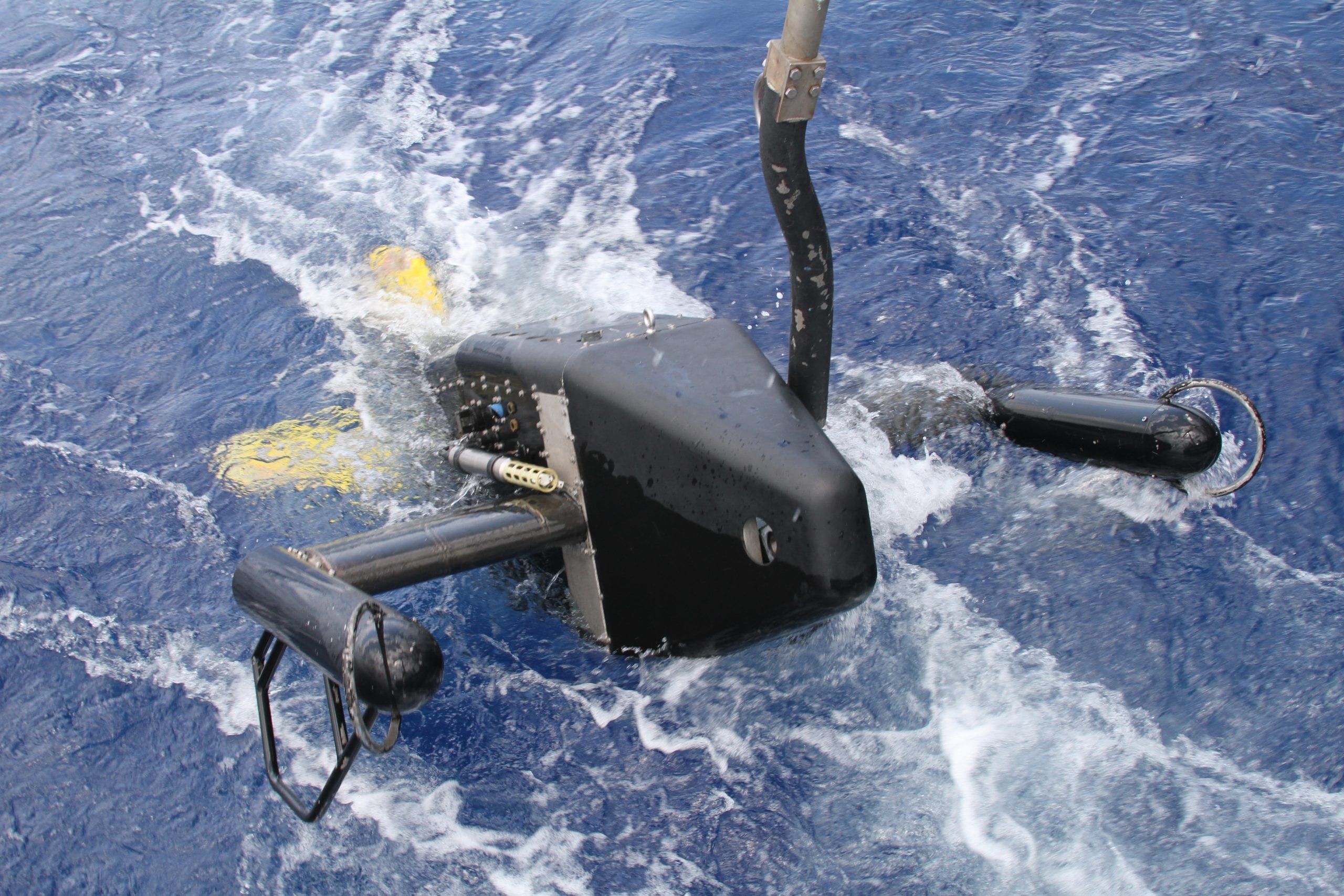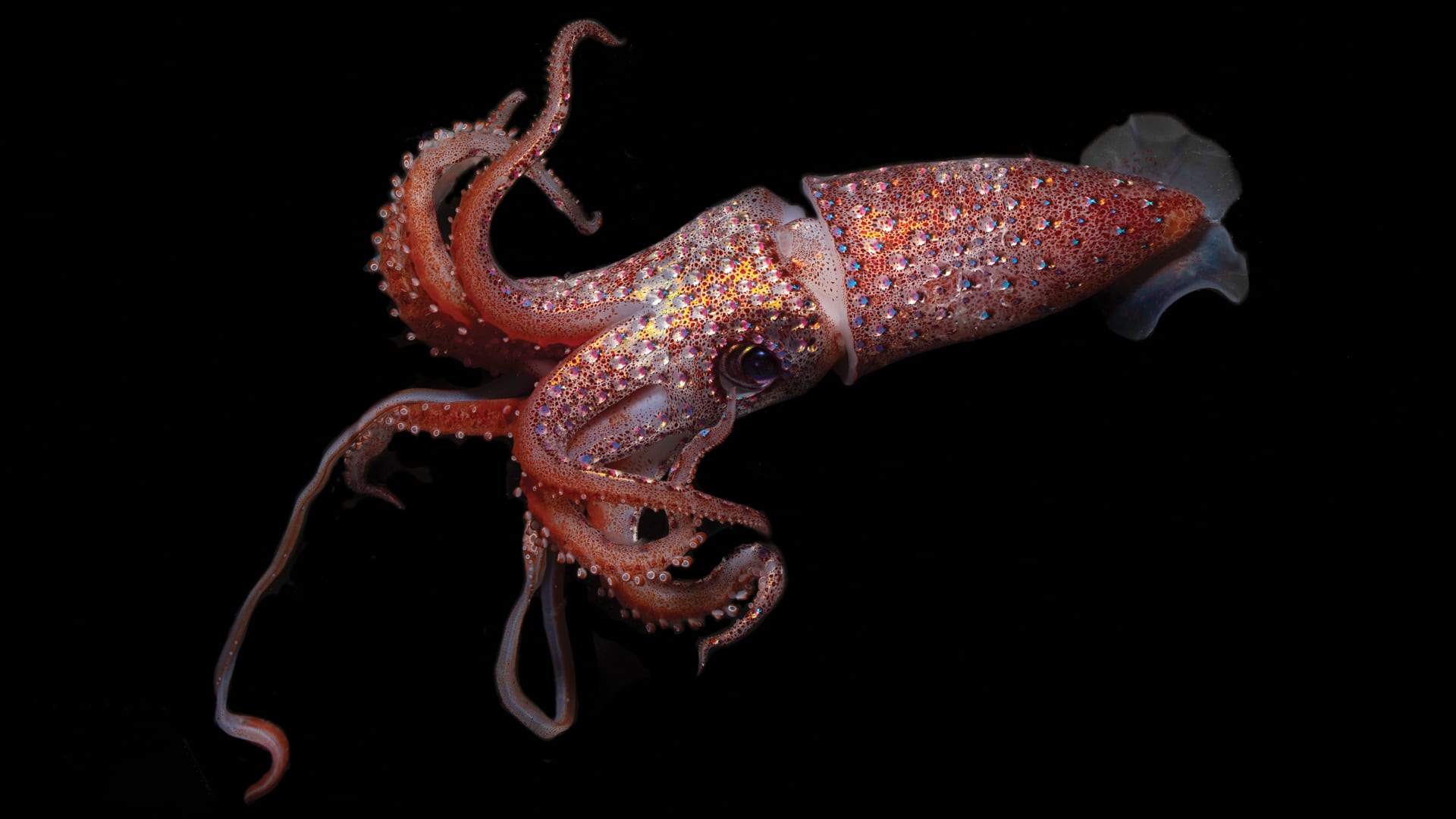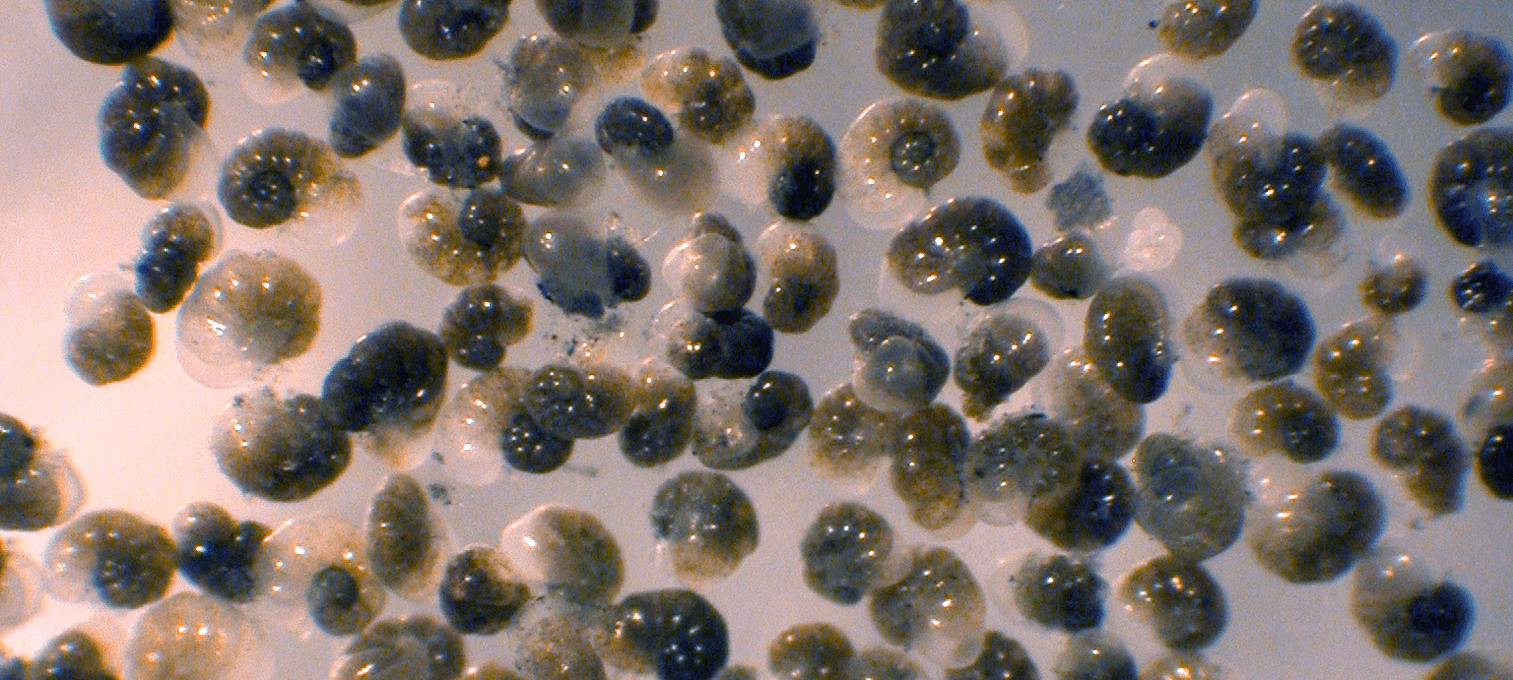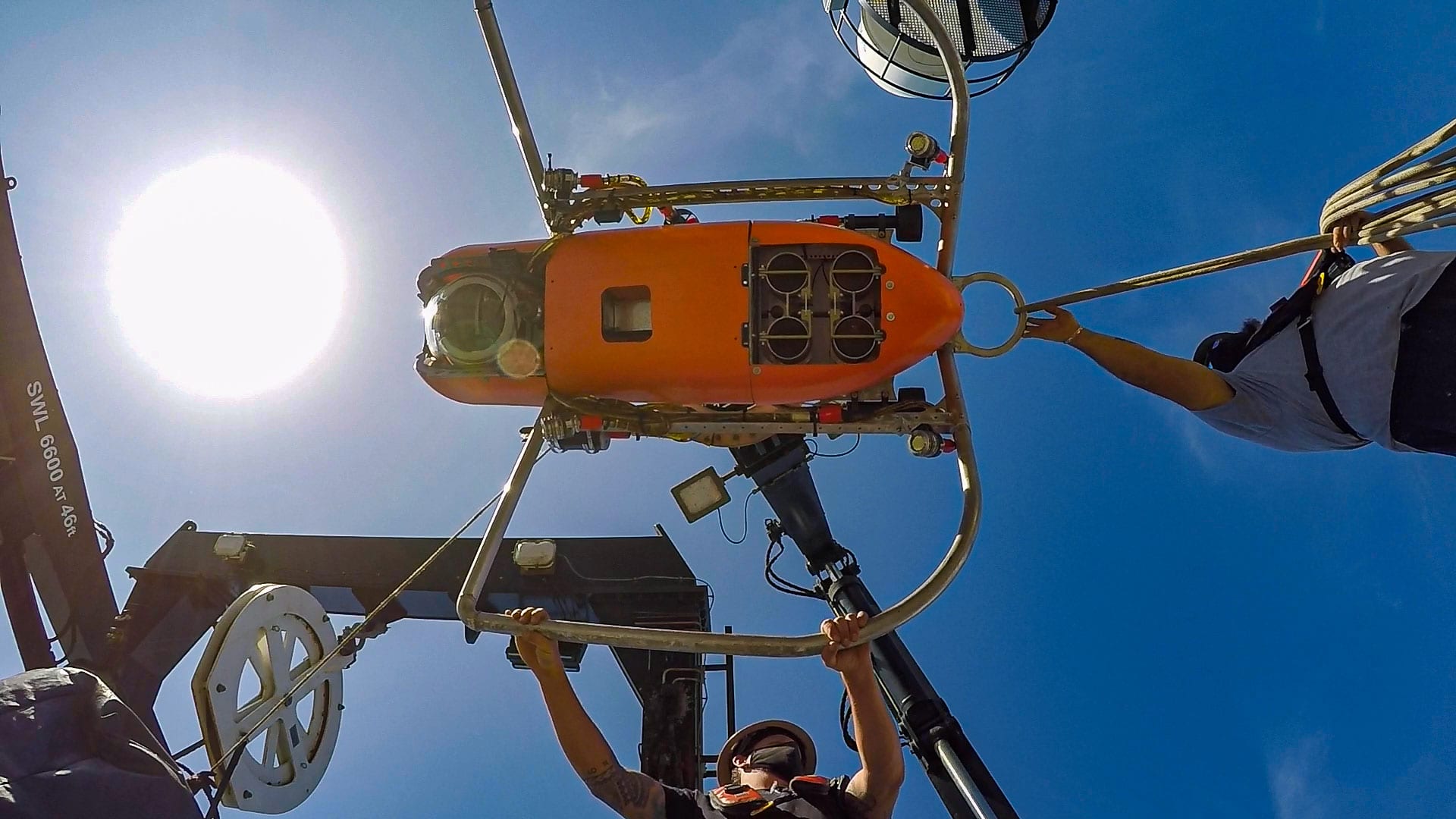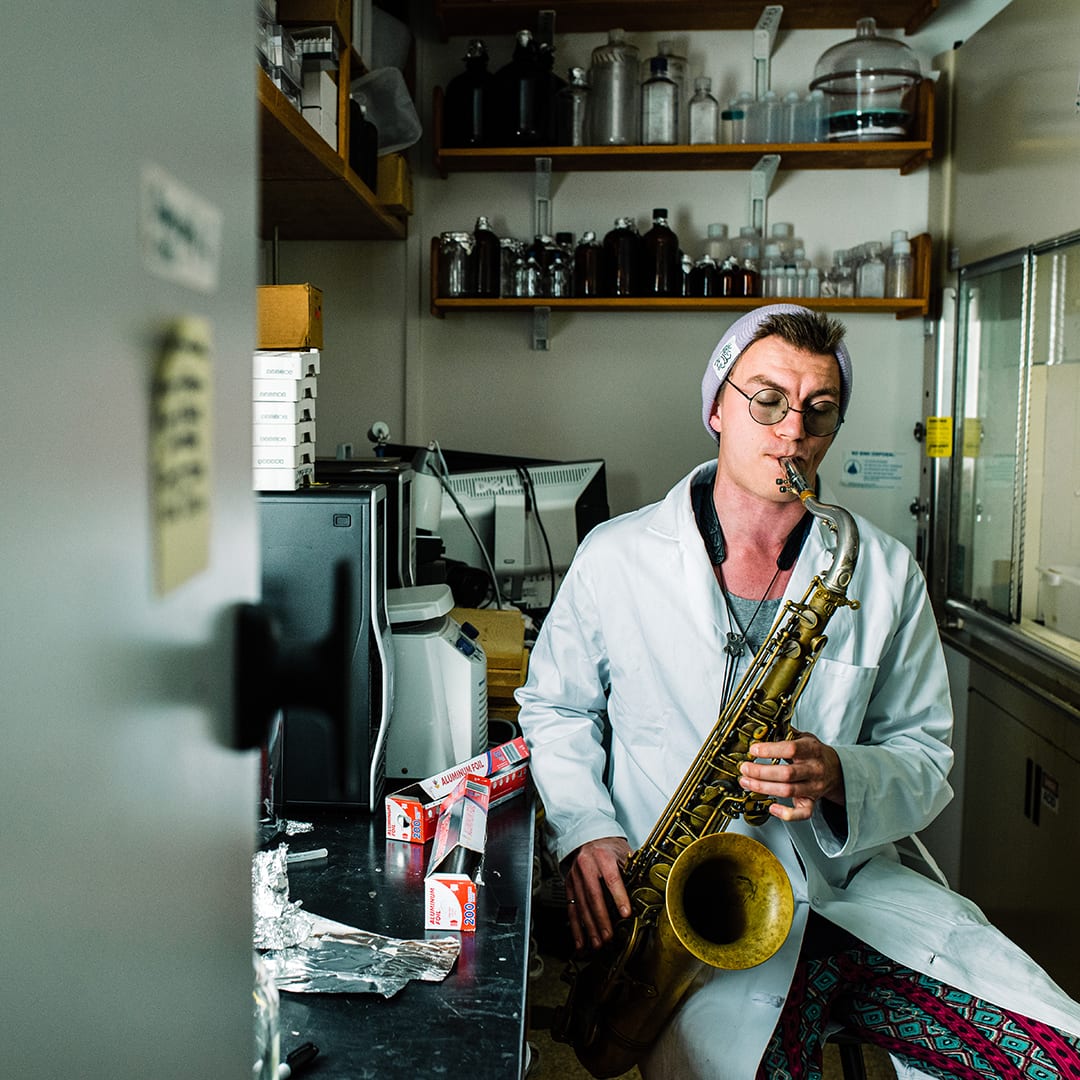Featured Project
A recent reversal in the response of western Greenland’s ice caps to climate change
New collaborative research from the WHOI and five partner institutions published today in Nature Geoscience, reveals that during past periods glaciers and ice caps in coastal west Greenland experienced climate conditions much different than the interior of Greenland. Over the past 2,000 years, these ice caps endured periods of warming during which they grew larger rather than shrinking.
Read MoreSome coral reefs are keeping pace with ocean warming
Some coral communities are becoming more heat tolerant as ocean temperatures rise, offering hope for corals in a changing climate. After a series of marine heatwaves hit the Phoenix Islands Protected Area (PIPA) in the central Pacific Ocean, a new study finds the impact of heat stress on the coral communities lessened over time.
Read MoreROV Jason helps recover two other underwater vehicles
On September 2, the remotely operated vehicle (ROV) Jason aided in the recovery of two underwater vehicles, ROV Hercules and Argus, that were stranded on the seafloor near British Columbia
Read MoreFascinating facts about emperor penguins
We might chuckle at the sight of penguins waddling over ice, but these flightless birds would put Olympic swimmers to shame. Learn more about emperor penguins, the largest penguin in the world and permanent residents of Antarctica.
Read MoreKeeping an ear out for entangled whales
To help mitigate the impacts of illegal fishing off the Sicilian coast, a WHOI scientist and his collaborators are attaching acoustic tags to drift nets so sperm whales can be located and tracked for disentanglement crews.
Read MoreProject funded to digitize and mine weather data from whaling logbooks
An ongoing collaborative effort by Woods Hole Oceanographic Institution (WHOI), University of Massachusetts Dartmouth (UMassD), and Providence Public Library (PPL), has received a grant from FM Global. The project is investigating the role of historical weather data in current climate change research, and the increasingly urgent issues surrounding it.
Read MoreWHOI advancing a seaweed solution to develop new kelp strains
A leader in ocean science, Woods Hole Oceanographic Institution (WHOI) is embarking on a study of how new seaweed strains could further enhance the burgeoning seaweed industry and offer solutions to some of the world’s pressing challenges. This research is funded in part by World Wildlife Fund (WWF) with support from the Bezos Earth Fund.
Read MoreA dragnet for toxic algae?
To keep a close eye on harmful algal blooms, shellfish farmers are relying on a WHOI-developed camera system that spies on toxic species below the surface and sends alerts when they’re present.
Read MoreWhat happens to marine life when oxygen is scarce?
A new study co-led by WHOI postdoctoral scholar Maggie Johnson looks closely at the changes occurring in both coral reef and microbial communities near Bocas del Toro during sudden hypoxic events, which occur when there is little to no oxygen in a given area of water.
Read MoreSpock versus the volcano
Five hundred meters below the calm surface waters of the Aegean Sea off Santorini Island, Greece, lies an active submarine volcano. There, a decision-making robot equipped with artificial intelligence searches for life and danger.
Read MoreSecrets in the dust
Scientists mine ancient dust from the ocean’s loneliest spot
Read MoreA rare mission north
Serendipitous science mission aboard the Polar Star provides “once-in-a-lifetime” opportunity to collect critical ocean data below the ice
Read MoreStudy Shows that Lobsters Can Detect Sound
A new study demonstrates that lobsters can detect low-frequency sound and suggests that anthropogenic noise could affect lobsters. The study comes out at a time when the construction of more offshore wind farms, with their associated underwater pile driving noise, is being considered in New England.
Read More‘What we know now is how much we don’t know’: Enter the strange world of the ocean twilight zone
A difficult area to study and often overlooked by science, new technology is aiding its exploration, forcing researchers to re-evaluate just how much life is down there. Researchers now believe […]
Read MoreThe ocean has heartburn. Is relief on the way?
Researchers investigate the use of alkalinity enhancement to quell ocean acidification and help maintain the sea’s role as a carbon sink
Read MoreAlvin: Pioneer of the Deep
The deep-sea submersible Alvin has brought explorers to extraordinary places for more than 50 years. Now, as Alvin is poised to continue its revolutionary scientific work, a new set of […]
Read MoreHow historic hurricanes can help predict storm intensity
Research into past hurricanes could help predict the strength of future storms, and inform infrastructure planning and emergency management decisions in southern New England
Read MoreUnderwater robot offers new insight into mid-ocean “twilight zone”
Woods Hole, MA (June 16, 2021) — An innovative underwater robot known as Mesobot is providing researchers with deeper insight into the vast mid-ocean region known as the “twilight zone.” […]
Read MoreIcebergs drifting from Canada to Southern Florida
A newly developed iceberg computer model helped the researchers understand the timing and circulation of meltwater and icebergs through the global oceans during glacial periods, which is crucial for deciphering how past changes in high-latitude freshwater forcing influenced shifts in climate.
Read MorePapers Explore Massive Plankton Blooms with Very Different Ecosystem Impacts
Two papers explore the distribution and abundance of plankton and what conditions lead to big plankton blooms with vastly different potential impacts on the ecosystem.
Read MoreWoods Hole Oceanographic Institution Wants Everyone to “Keep it Weird”
Campaign raises awareness of the ocean twilight zone by celebrating the “weird” in all of us
Woods Hole, Mass. (May 27, 2021) — Woods […]
Read MoreSome Forams Could Thrive with Climate Change, Metabolism Study Finds
Oceanic deoxygenation is increasingly affecting marine ecosystems. A new paper that examines two foram species found that they demonstrated great metabolic versatility to flourish in hypoxic and anoxic sediments where there is little or no dissolved oxygen, inferring that the forams’ contribution to the marine ecosystem will increase with the expansion of oxygen-depleted habitats.
Read MoreFive things to know about NOAA’s 2021 Tech Demo
Researchers prepare WHOI’s autonomous underwater vehicle, Orpheus for its first deep dive of 2021Tech Demo.
Read MoreA new ocean soundscape
Combining his passions for marine chemistry and music, an MIT-WHOI Joint Program student converts data into songs that reveal the chemical nuances of the ocean.
Read More
